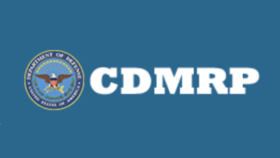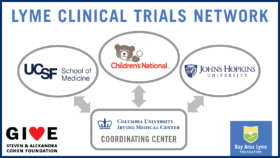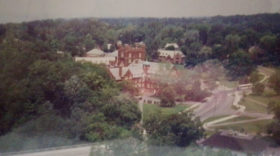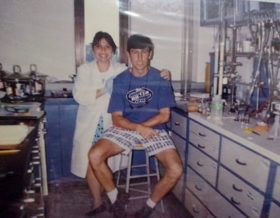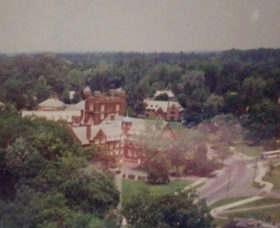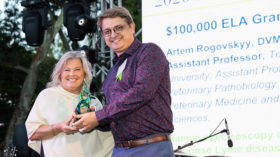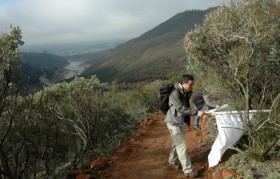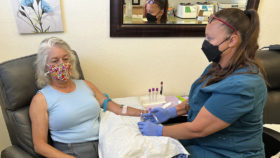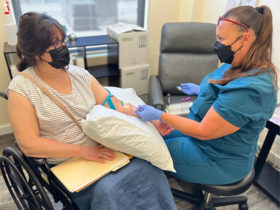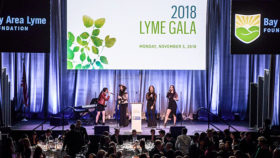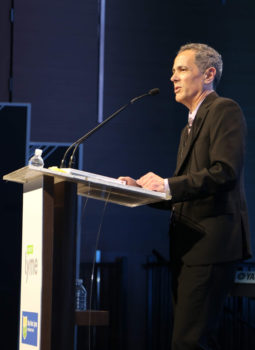Bay Area Lyme Foundation Celebrates Department of Defense CDMRP Tick-borne Disease Awardees
Projects of three awardees to be enabled by Lyme Disease Biobank samples
PORTOLA VALLEY, Calif., March 23, 2023—Bay Area Lyme Foundation, a leading sponsor of Lyme disease research in the US, announces that two projects it has previously funded have now received Department of Defense Congressionally Directed Medical Research Programs (CDMRP) Tick-Borne Disease awards. Three of the six recently announced CDMRP awardees will be using biological samples from Bay Area Lyme Foundation’s Lyme Disease Biobank to enable their research into diagnostics and therapeutics for tick-borne diseases, including Lyme disease—which infects half a million people each year.
“Government awards like CDMRP help propel much needed research on tick-borne illnesses forward, and, with three diagnostics projects using Biobank samples, we are honored to play a part in making this important research possible,” said Liz Horn, PhD, MBI, Principal Investigator, Lyme Disease Biobank, which provides researchers with access to reliable biological samples to enable research toward better diagnostics and treatments for these complex diseases. “If researchers don’t have access to well-characterized blood samples with robust testing and medical information, they can’t build the necessary research programs to develop better diagnostics, which are urgently needed for these complex diseases,” added Dr. Horn.
